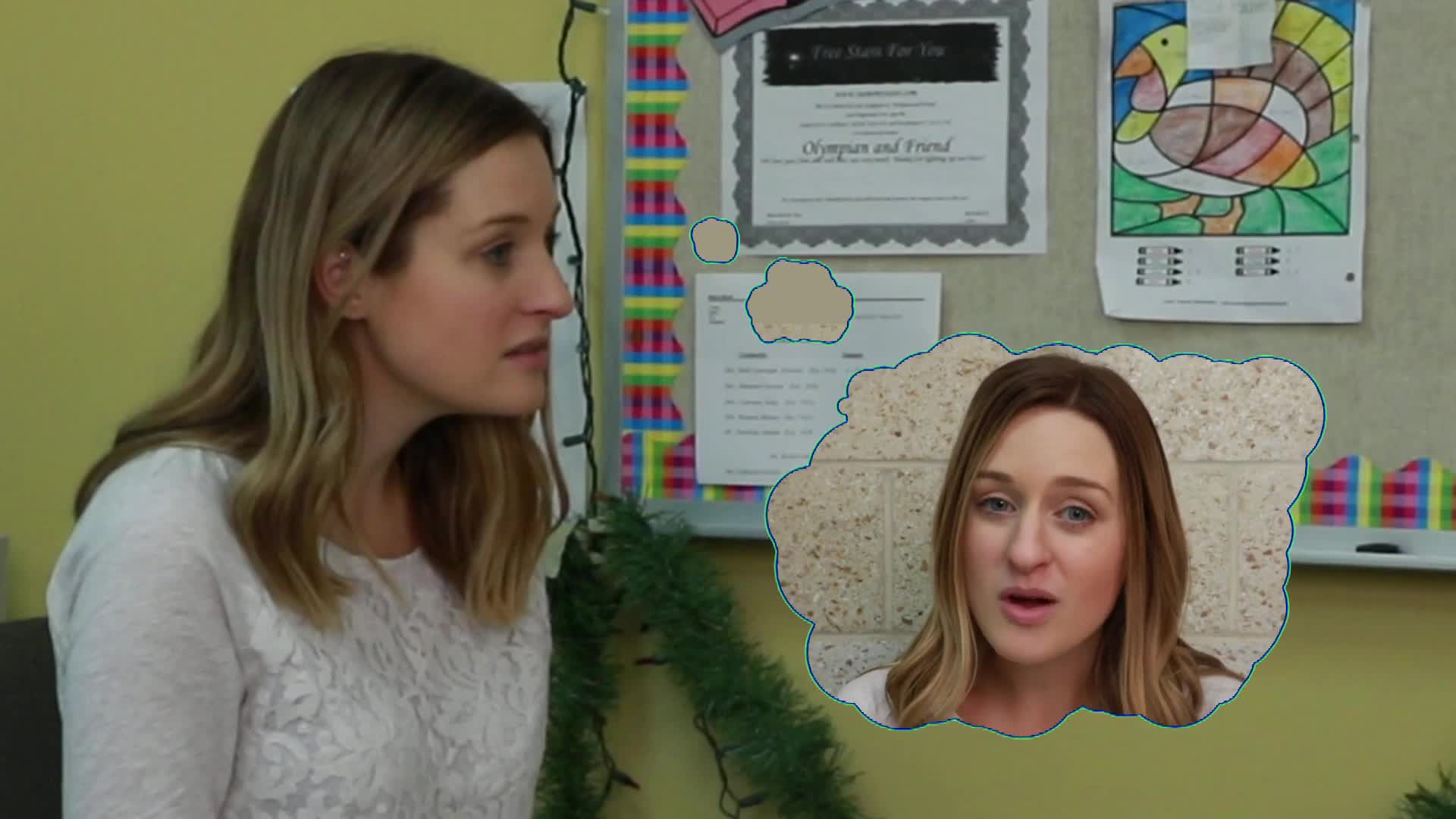
As educators, we play a crucial role in helping students develop essential life skills. One such skill is the ability to accept criticism constructively. In this blog post, we will explore the importance of teaching middle school students to accept criticism, how specialists can support the development of this skill, and how to create effective IEP goals to foster this essential ability.
Understanding the Skill of Accepting Criticism
Accepting criticism is the ability to receive feedback, both positive and negative, and use it to improve oneself. This skill is essential for students’ learning, social interactions, and overall wellbeing. When students can accept criticism constructively, they develop resilience, better communication skills, and a growth mindset. This helps them strive for continuous improvement and adapt to various situations in life.
The Role of Specialists
Several specialists can contribute to the development of the target skill in students:
- Speech-Language Pathologists: They can help students improve their listening and communication skills, allowing them to better understand and respond to criticism.
- Social Workers: They can provide support in building students’ self-esteem and coping mechanisms, enabling them to handle criticism with resilience.
- Psychologists: They can work with students to develop strategies for managing emotions and reactions to criticism, promoting healthy responses.
- School Counselors: They can guide students in developing problem-solving skills and goal-setting, which are essential for applying feedback constructively.
IEP Goals for Accepting Criticism
Here are some specific SMART IEP goals to help middle school students improve their ability to accept criticism:
-
Goal: The student will demonstrate active listening and respond to criticism with a calm and constructive attitude in 80% of opportunities by the end of the school year.
- Strategy: Teach active listening techniques, such as maintaining eye contact, nodding, and paraphrasing.
- Activity: Role-play scenarios where students practice receiving and responding to criticism constructively.
-
Goal: The student will identify and implement at least one suggestion from received criticism in 75% of instances by the end of the school year.
- Strategy: Encourage students to take notes when receiving feedback and highlight actionable items.
- Activity: Provide opportunities for peer review and self-assessment, where students apply suggestions to improve their work.
Implementing and Measuring Progress
To implement these IEP goals effectively, consider the following tips:
- Collaborate with specialists to provide a comprehensive support system for the student.
- Provide regular opportunities for students to practice accepting criticism through classroom activities and assignments.
To measure progress, use a combination of qualitative and quantitative methods, such as observation, self-assessment, and progress reports.
Conclusion
Teaching middle school students to accept criticism constructively is an essential skill for their personal and academic growth. By creating effective IEP goals and collaborating with specialists, educators can foster this ability in their students. We encourage you to apply these IEP goals and strategies in your classrooms and invite you to explore more resources at Everyday Speech Sample Materials.





